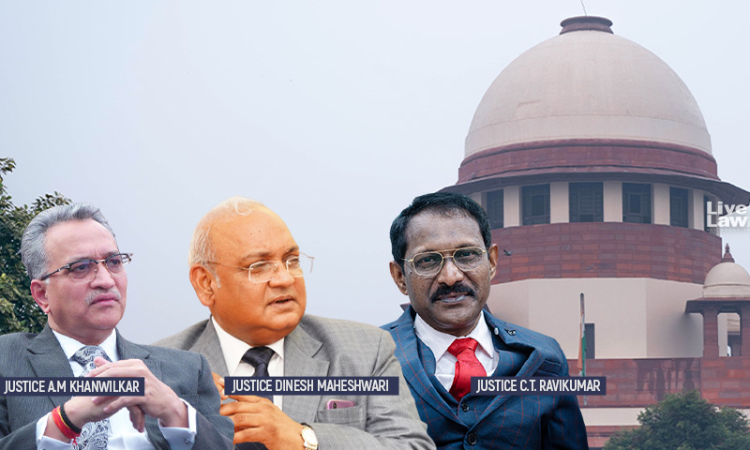Mere plea of inconvenience is not enough to assail constitutional validity of a legislation, the Supreme Court observed while upholding the 2020 amendments made to the Foreign Contribution (Regulation) Act 2010.The court observed that there is presumption that the Parliament understands and reacts to the needs of its own people as per the exigencies and experience gained in the implementation...

